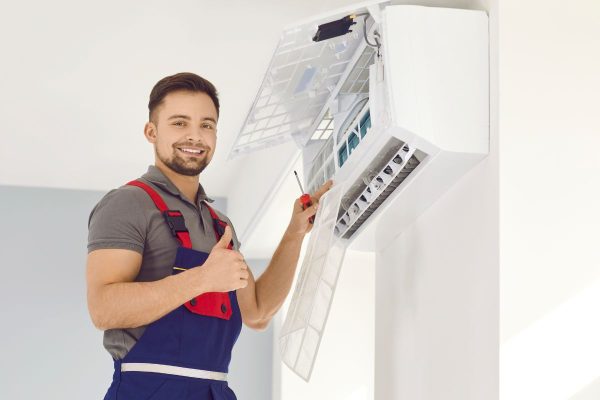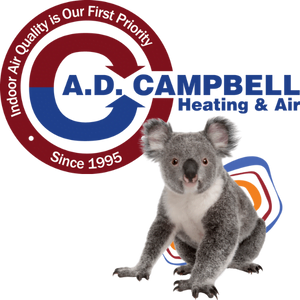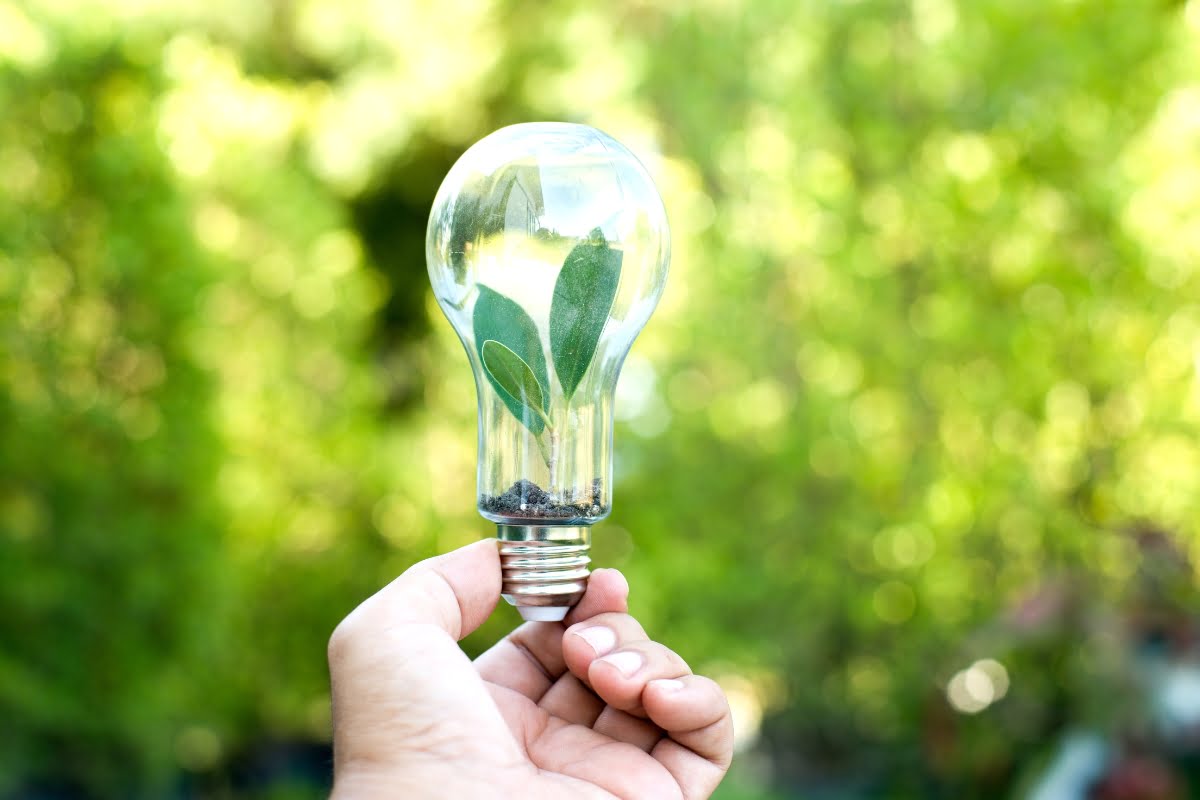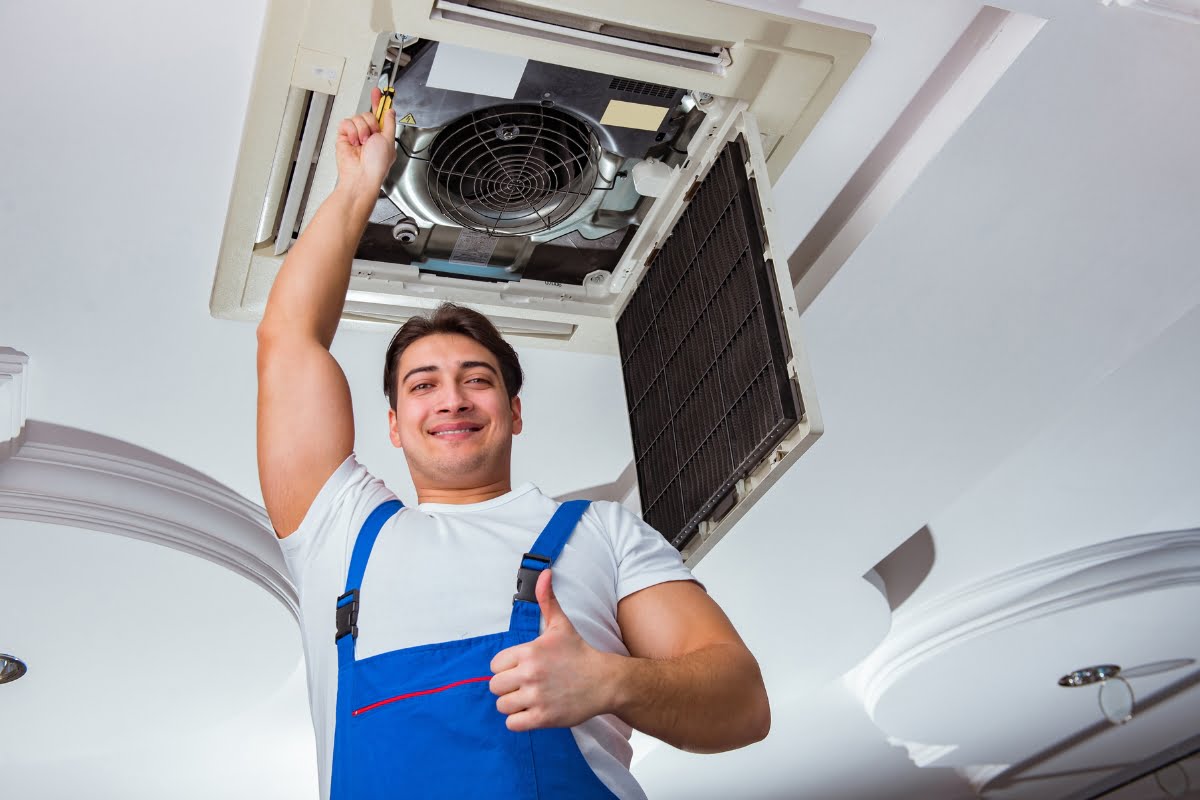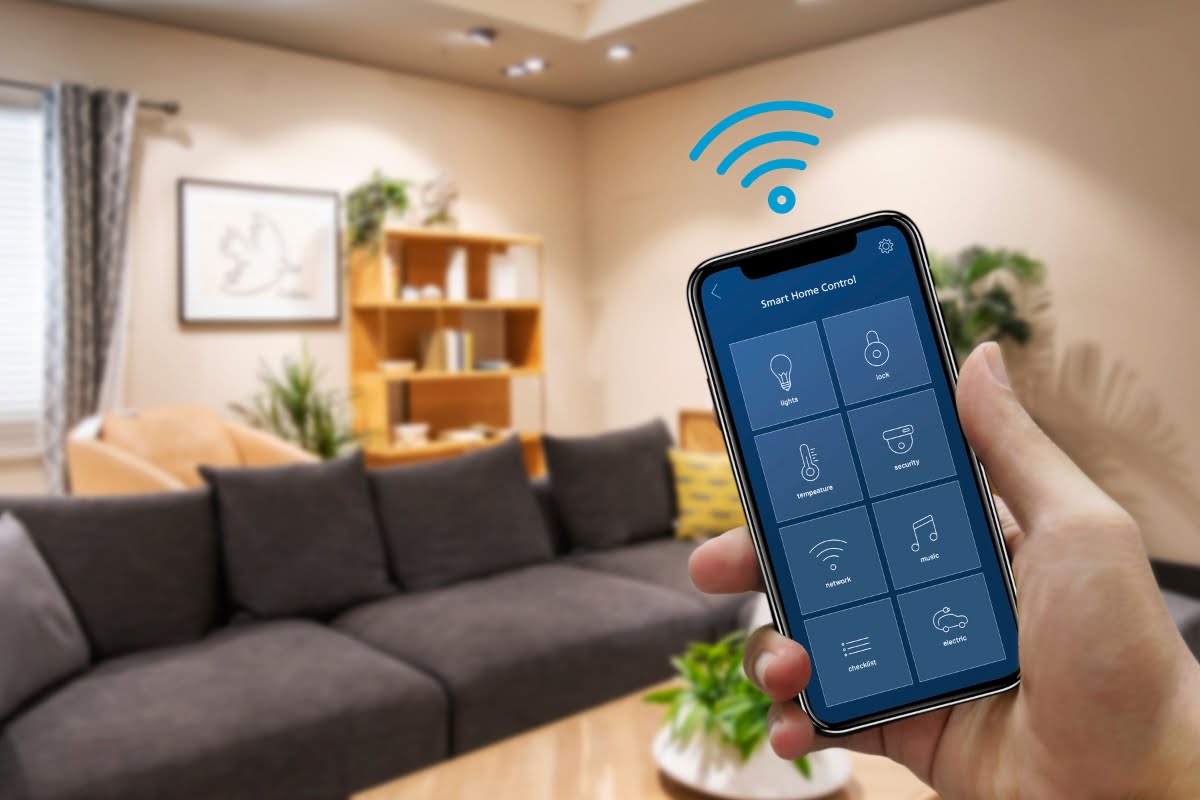HVAC upgrades can reduce energy waste, lower utility bills, and create a healthier indoor environment for you and your family or employees. But let’s face it: HVAC upgrade cost is a major consideration for many households and businesses.
In this guide, we’ll explore the factors influencing HVAC upgrade costs, discuss the return on investment (ROI) of HVAC upgrades, and provide tips for managing HVAC upgrade costs effectively. Understanding the costs and benefits of HVAC upgrades is essential, whether you’re looking to improve comfort, save on energy bills, or contribute to environmental sustainability.
HVAC Upgrade Cost Essentials
Understanding HVAC Systems
HVAC systems, which stand for Heating, Ventilation, and Air Conditioning systems, play a vital role in maintaining indoor comfort and health. The heating component keeps spaces warm; ventilation ensures air quality and air conditioning cools indoor areas. Regular maintenance and upgrades are essential for optimal performance, including:
- Efficiency: Regular maintenance prevents efficiency loss due to wear, dirt, or outdated technology, leading to lower energy costs.
- Reliability: Maintenance reduces breakdown risks, ensuring reliable operation, especially during extreme weather.
- Air Quality: Proper maintenance and upgrades enhance indoor air quality, which is crucial for health and comfort, especially for those with respiratory conditions.
- Lifespan: Timely upgrades and maintenance extend the HVAC system’s lifespan, avoiding premature failures and costly replacements.
Understanding these components and prioritizing maintenance and upgrades ensure efficient, reliable, and healthy indoor environments for residential, commercial, and industrial spaces.
HVAC Upgrade Cost: Factors That Impact Your Budget

When considering upgrading your HVAC system, several factors can influence the overall cost. Understanding these factors can help you make informed decisions about which upgrades are most suitable for your needs and budget.
Size of the Property
The size of your property significantly affects HVAC upgrade costs. Larger buildings or spaces require more powerful HVAC systems, leading to higher upfront costs for equipment and installation.
System Type
Different types of HVAC systems come with varying costs. Central HVAC systems, which use ductwork for air distribution, often have higher installation costs due to the complexity of ductwork installation. In contrast, ductless mini-split systems are easier to install and may be more cost-effective for smaller spaces.
Energy Efficiency Ratings
Energy efficiency ratings are crucial in determining HVAC upgrade costs. While higher-rated energy-efficient systems may have higher upfront costs, they offer long-term savings through lower energy bills. These systems operate more efficiently, reducing energy waste and providing better climate control, ultimately saving money over time. Consider the balance between upfront costs and long-term savings when choosing an energy-efficient HVAC system.
Types of HVAC Upgrades
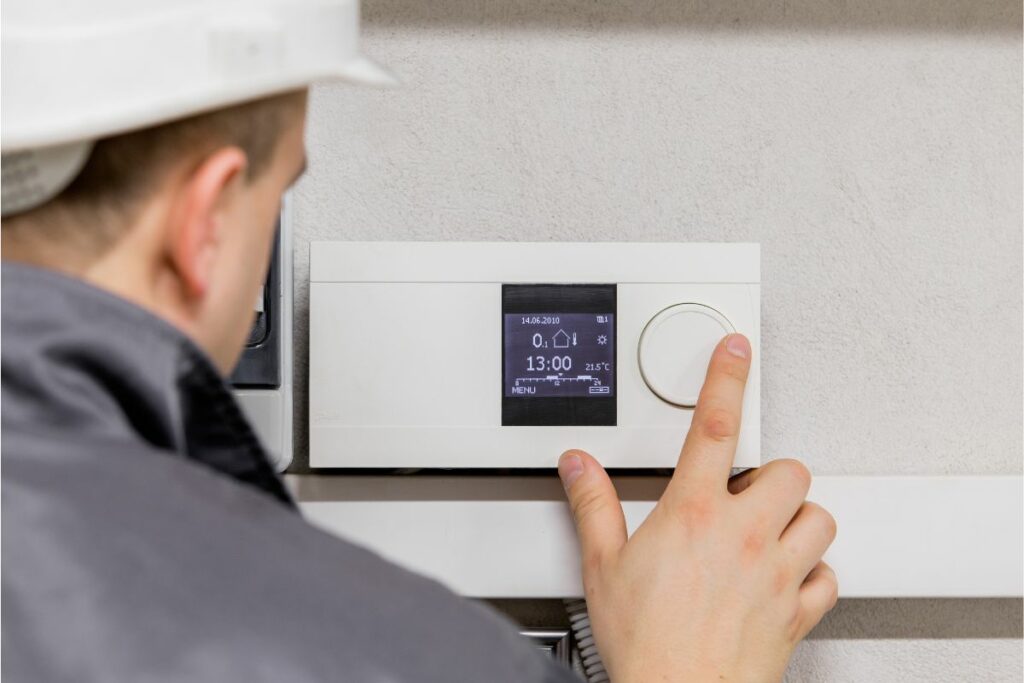
When considering HVAC upgrades, there are several options to improve efficiency and performance:
Replacement of Old Equipment
A common upgrade is replacing old HVAC units with newer, more efficient smart HVAC systems. While the upfront cost can be significant, the long-term savings in energy bills and improved performance often justify the investment.
Upgrading to Smart Thermostats
Smart thermostats offer various benefits, including energy savings through programmable settings, remote access for temperature control, and advanced features like learning algorithms that adjust settings based on usage patterns.
Adding Zoning Systems
Zoning systems divide your space into separate zones with individual temperature controls, enhancing comfort and efficiency. While there may be additional costs for installation and equipment, zoning systems can lead to significant energy savings by conditioning only areas in use.
These types of HVAC upgrades improve energy efficiency and performance, contribute to cost savings, and enhance comfort in your home or business. Each upgrade offers unique benefits, and choosing the right combination of upgrades can result in a more efficient and comfortable indoor environment while reducing energy costs over time.
Cost Breakdown and Estimates
When considering HVAC upgrades, it’s essential to understand the cost breakdown and have estimates for different scenarios. Here’s a general breakdown of costs for common HVAC upgrades:
- Equipment Costs: This includes the cost of the HVAC unit or system you’re upgrading to. Energy-efficient systems may have higher upfront costs but can result in long-term savings.
- Installation Costs: Installation costs vary depending on the upgrade’s complexity and your property’s size. Factors like ductwork modifications, electrical work, and system integration can influence installation expenses.
- Labor Costs: HVAC professionals charge for their expertise and labor, which includes installing, testing, and fine-tuning the upgraded system. Labor costs can vary depending on the scope of work and local market rates.
Here are estimated costs for common HVAC upgrade scenarios:
| Upgrade Scenario | Estimated Cost Range | Description |
| Replacing an HVAC Unit | $3,000 to $7,000+ | Cost depends on unit size, efficiency rating, and installation complexity. Larger systems can cost over $10,000. |
| Installing a Zoning System | $2,000 to $5,000+ | Includes equipment, installation, and adjustments to ductwork or controls. Suitable for properties with varied heating and cooling needs. |
- Replacing an HVAC Unit: The cost of replacing an HVAC unit can range from a few thousand dollars to several thousand, depending on the size of the unit, efficiency rating, and installation requirements. A basic replacement for a standard residential unit might cost between $3,000 and $7,000, while larger or more complex systems can cost upwards of $10,000.
- Installing a Zoning System: Adding a zoning system to your HVAC setup can cost between $2,000 to $5,000 or more. This cost includes equipment, installation, and any necessary adjustments to ductwork or controls. Zoning systems are beneficial for larger properties or areas with varying heating and cooling needs.
Return on Investment (ROI) of HVAC Upgrades
Investing in HVAC upgrades can offer substantial returns on investment (ROI) in terms of energy savings and long-term cost benefits.
- Energy Savings: Upgrading to energy-efficient HVAC systems can significantly reduce energy consumption, leading to lower utility bills over time. These savings contribute to cost reduction and promote environmental sustainability by reducing carbon emissions and energy waste.
- Long-Term Cost Benefits: The savings accrued from reduced energy costs can offset the initial investment in upgrades, resulting in a positive ROI in the long run. Moreover, energy-efficient systems often require less maintenance and longer lifespans, reducing long-term operational costs.
- Financial Incentives: Many governments and utility companies offer rebates, incentives, or tax credits for energy-efficient HVAC upgrades. These financial incentives can help offset the upfront costs of upgrades, making them more affordable and improving the overall ROI. It’s essential to research available incentives in your area and take advantage of them to maximize cost savings and ROI from your HVAC upgrades.
Investing in energy-efficient HVAC upgrades not only yields significant energy savings and long-term cost benefits but also contributes to environmental sustainability. By leveraging financial incentives and optimizing system performance, you can achieve a high ROI and enjoy a more comfortable and efficient indoor environment.
Tips for Managing HVAC Upgrade Costs
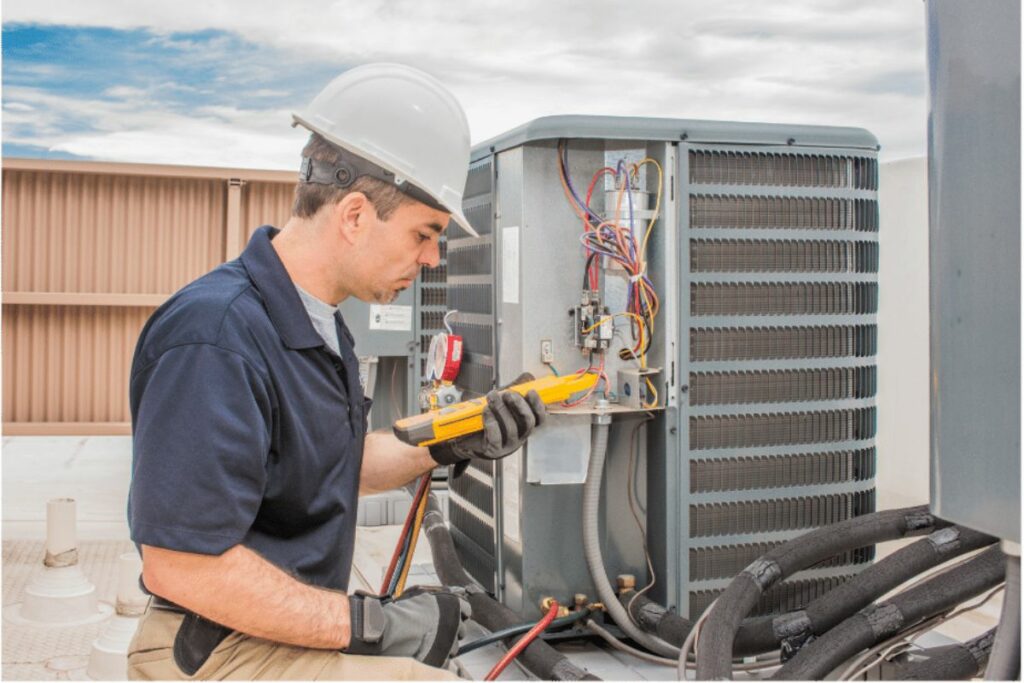
Managing HVAC upgrade costs efficiently can lead to significant savings while ensuring optimal performance and comfort in your home or business. Here are some practical tips to help you manage and reduce HVAC upgrade costs:
Schedule Regular Maintenance: Regular maintenance can help identify issues early, preventing costly repairs and extending the lifespan of your HVAC system. This proactive approach can reduce the need for major upgrades or replacements.
- Explore Financing Options: Consider financing options such as equipment leasing, low-interest loans, or payment plans offered by HVAC manufacturers or financial institutions. These options can help spread out the upfront costs of upgrades, making them more manageable.
- Choose the Right Contractor: Selecting a reputable and experienced HVAC contractor is crucial. A skilled contractor can assess your needs accurately, recommend cost-effective solutions, and ensure quality installation and maintenance, reducing the risk of costly errors or rework.
- Prioritize Energy Efficiency: Focus on upgrades that prioritize energy efficiency, such as installing high-efficiency HVAC systems, upgrading insulation, sealing ductwork, and installing programmable thermostats. These upgrades can lead to long-term cost savings on energy bills and reduce the need for frequent repairs or replacements.
- Compare Quotes: Obtain multiple quotes from different HVAC contractors to compare costs, services offered, and warranties. This comparison can help you make informed decisions and negotiate for competitive pricing or additional benefits.
- Utilize Available Rebates and Incentives: Take advantage of any available rebates, incentives, or tax credits for energy-efficient HVAC upgrades offered by government agencies or utility companies. These incentives can significantly reduce upfront costs and improve the ROI of your upgrades.
Upgrade Your HVAC System with the Help of Professionals
Viewing HVAC upgrades as an investment rather than just an expense is important. They offer enhanced comfort, improved indoor air quality, and reduced energy consumption, leading to lower utility bills and long-term cost savings. Moreover, supporting energy-efficient practices contributes to environmental sustainability by reducing your carbon footprint and promoting a greener future.
Are you considering an HVAC upgrade for your home or office? Let the professionals at our Atlanta HVAC company handle the job!
Request affordable HVAC services today and transform your home or office into a haven of comfort and sustainability. Our experts are ready to answer your questions and provide recommendations for HVAC upgrades that prioritize your comfort and the environment.
